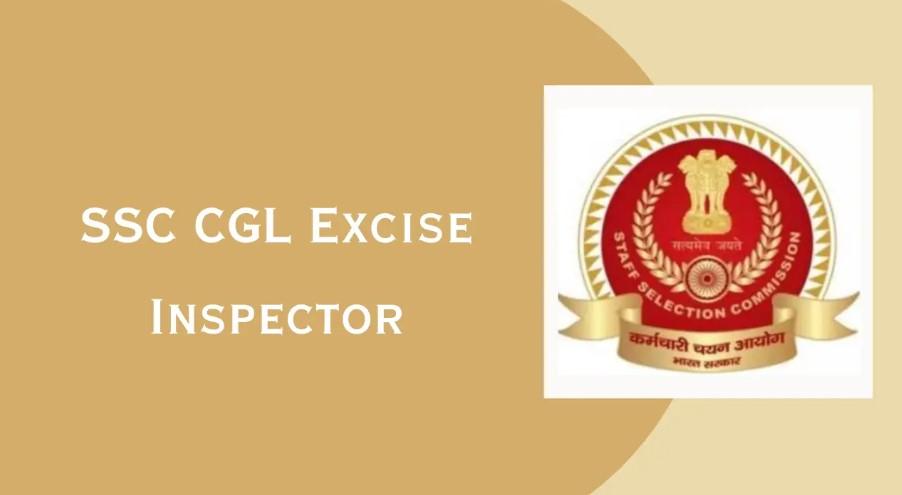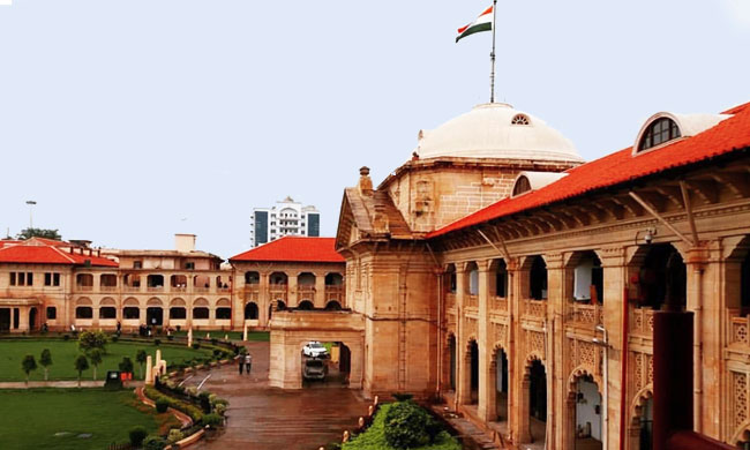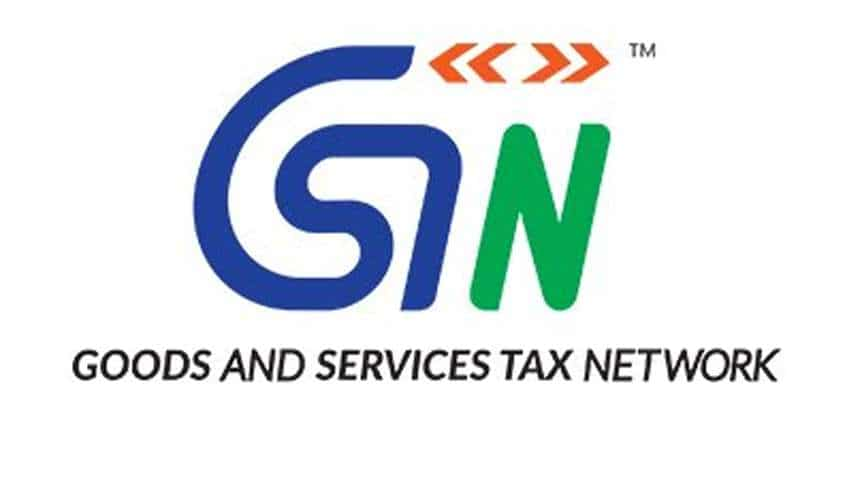The second wave of Covid-19 is wrecking hell in the country. However, against all expectations, the GST collection in April 2021 was Rs 1.41 lakh crores; 14% higher than March 2021. This news may have been music to ears for many, however, for the states and their respective finance ministers, this has become a reason for resentment.
It’s not been too long since the compensation fiasco took place in September 2020. As a recap, last year the Centre and some states had their paths crossed due to the overdue compensation cess. Compensation cess is an outcome of the shift in the taxability under GST regime. Prior to GST, under the VAT regime, the taxation was origin based. This meant that in case of interstate trade, tax revenue accrued to the state from where the goods were sold. Contrary to this, under GST regime, the taxability has moved to destination based. This implies that taxation revenue accrues to the state where the goods are consumed. For states, this was a huge change. This meant that manufacturing intensive states were set to lose a massive chunk of tax revenue. To make up to this loss, the Centre proposed a reimbursement of loss of revenue to such states post introduction of GST. This reimbursement is made by way of disbursing Compensation cess. To give effect to this cess, Goods and Services Tax (Compensation to States) Act, 2017 was enacted which prescribed the modalities of pay-outs.
However, the Centre failed to fulfill its promise of paying the states and the overdue amount kept accumulating until it reached a whooping Rs 2.35 lakh crores. The Centre blamed Covid-19 partially for such a heaping amount. Irrespective, the states kept asking the Centre to release its funds. In response to the demands, the Centre gave two options to the states which included borrowing from RBI or from the market. The Centre also reassured the states that the cess would be extended beyond the initial period of five years and would be levied on sin and demerit goods to meet the demands of the states.
Few states opposed these options but due to non-agreement the issue could not be resolved. Post this discussion and 43rd GST council meeting which was held in October 2020, startlingly, no GST meetings have been conducted so far. If one was to look at the Procedure and Conduct of Business Regulations of the Goods and Services Taxes Council, which was proposed in the GST Council meeting held on 22nd and 23rd September 2016, it appears that GST Council needs to hold a meeting atleast once every quarter. Therefore, the Council is in clear violation of this rule for Q4 of FY 2020-21 as no meeting was held in the period January 2021-March 2021. However, as the recent tweet suggests, a GST council meeting is being planned for the 28 May 2021.
The states have raised a concern over this violation alleging that the Centre’s dishonor of the said rule would be against principle of cooperative federalism. To explain this further, the national, state and local governments are required to act in cooperative manner to solve common problems.India follows the principle of cooperative federalism and the same has been incorporated in the Constitution of India. Moreover, another fact which is raising eyebrows is that the GST Council has not appointed a vice-chairperson as yet.
The states have been demanding that the position of the vice-chairperson should be allotted to from within the member states to help the states have adequate representation at the forum. This is also in violation of Article 279A of the Constitution of India. Article 279A mandates the GST Council to have a vice-chairperson who shall be chosen amongst the members. The Finance Minister of Punjab also alleged that the recent amendments have been made through the route of subordinate legislation or rules. Therefore, these amendments were made without any discussion at the GST Council meetings.
Citing the restrictive input tax credit provisions introduced in the recent past as an example, the Minister observed that substantive rights of a citizen cannot be taken away unless a due process of law is undertaken. The core matter at hand seems to be the non-payment of Compensation cess to states for a long a duration. The times are tough and the states are bleeding. While the Centre is publicizing the GST revenue collections, the unpaid Compensation cess also speaks volumes.
The question that needs to be answered here is that despite of the record-breaking revenues, why is the Centre not disbursing Compensation cess to the states. What is even more concerning is not holding a meeting for six months straight during such economic crises. Even before the budget was presented, the Centre did not feel the need to apprise the State Finance Ministers of the key amendments that were brought in vide the budget. It is worthwhile to note that as per the same Procedure and Conduct of Business Regulations of the Goods and Services Taxes Council, the Council is allowed to hold a meeting via video conferencing. Even in 2020, the GST Council has had virtual meetings and not meeting physically cannot be cited as an excuse. We are witnessing a similar approach in the vaccination drives and containment of covid measures in the country. The Centre has left it on the states to decide if they want to impose lockdowns in their respective jurisdiction.
Additionally, the states are now free to import vaccines if they wish to without any involvement of Centre. While it may be possible that this approach could result in improved governance, as states know what is better for them, the same rule would not apply to GST Council. It is a collaborative unit which needs to synchronize its functioning in order to achieve desired results.
To conclude, one can only hope that the issues in the GST Council are ironed out in the upcoming meet because it is this elite community that decides the fate of the tax regime and the taxpayers. Any discord within the group is set to hamper the country’s taxation schema and its smooth functioning.














